14 May Trust But Verify
There’s an old saying, “I wouldn’t be paranoid if they weren’t out to get me.” For business owners, partners and investors, the threat of employee theft requires vigilance and prudence. No matter how trusting you may be, there are people in the world who are out to steal from their employers or clients. It may be the theft of inventory, intellectual property or someone dipping into the till. No matter what goes missing, it harms your business and your reputation.
Recently, Maine Today Media announced that Travelers Casualty & Surety Co. paid a claim to cover the alleged theft of more than$500,000 from the newspapers by its former Chief Executive Officer. For the investors in a financially challenged enterprise, this was not simply a breach of faith but an enormous security breach. Though a revolving door for chief financial officers made it difficult to follow the money, who would have thought the boss might be playing fast and loose with the treasury?
Detecting fraud is not easy. In making the announcement to employees, the current CEO of Maine Today Media wrote, “It has taken several independent forensic accounting reviews.” Dissecting the paper trail is not cheap but in this case, the trail gave the insurance company enough evidence that it paid the claim.
That’s the value of having an insurance program that considers all eventualities regarding theft – even at the top of the organization. But your insurance agent ought to be talking about loss control, as well.
So what can you do to protect your company from theft? The first line of defense is hiring. According the US Small Business Administration (SBA), there’s a wealth of information and options when hiring or promoting people.
Here a few information resources and rules to consider:
• Credit Reports
Credit reports can be a good indicator of personal financial management and financial security. An employee or candidate who has had difficulty meeting their financial obligations may have issues that deserve deeper investigation. But the SBA warns “If you decide not to hire or promote someone based on information in the credit report, you must provide a copy of the report and let the applicant know of his or her right to challenge the report under the FCRA. Visit the FTC’s Bureau of Consumer Protection’s website for more information.”
They also warn that “the Federal Bankruptcy Act prohibits employers from discriminating against applicants because they have filed for bankruptcy.”
• Criminal Records
Again, from the SBA: To what extent a private employer may consider an applicant’s criminal history in making hiring decisions varies from state to state. Because of this variation, you should consult with a lawyer or do further legal research on the laws of your state before exploring whether or not an applicant has a criminal past.
For Federal Bureau of Investigation (FBI) checks, consult these resources:
- FBI Services for Businesses
- FBI Criminal History Checks for Employment and Licensing
- FBI Checks on Employees of Banks and Related Entities
What other flags should you consider?
Are people living beyond what you believe to be their income? Consider the chief financial officer for Dixon, Illinois who stole nearly $54 million. While managing the finances for a town of 16,000 on a salary of $80,000, federal investigator say she acquired horse farms in Wisconsin, drove a convertible Thunderbird and a $2.1 million motor home. She was sentenced to nearly 20 years in federal prison.
The other standard practice is an independent audit by a certified public accounting firm. If you are running the business and working toward a goal, you may not be looking in your rear view mirror. A good accountant will provide much more clear hindsight. Even those services, however, have limitations unless directed to look for theft. Dixon’s mayor said their accounting firm found nothing out of order. It was only a temporary replacement who became suspicious while the comptroller was on an extended unpaid vacation. Aha! Another clue.
We like to assume the best when dealing with people but as Ronald Reagan said to the Russians during arms negotiations, “Trust but verify.”



